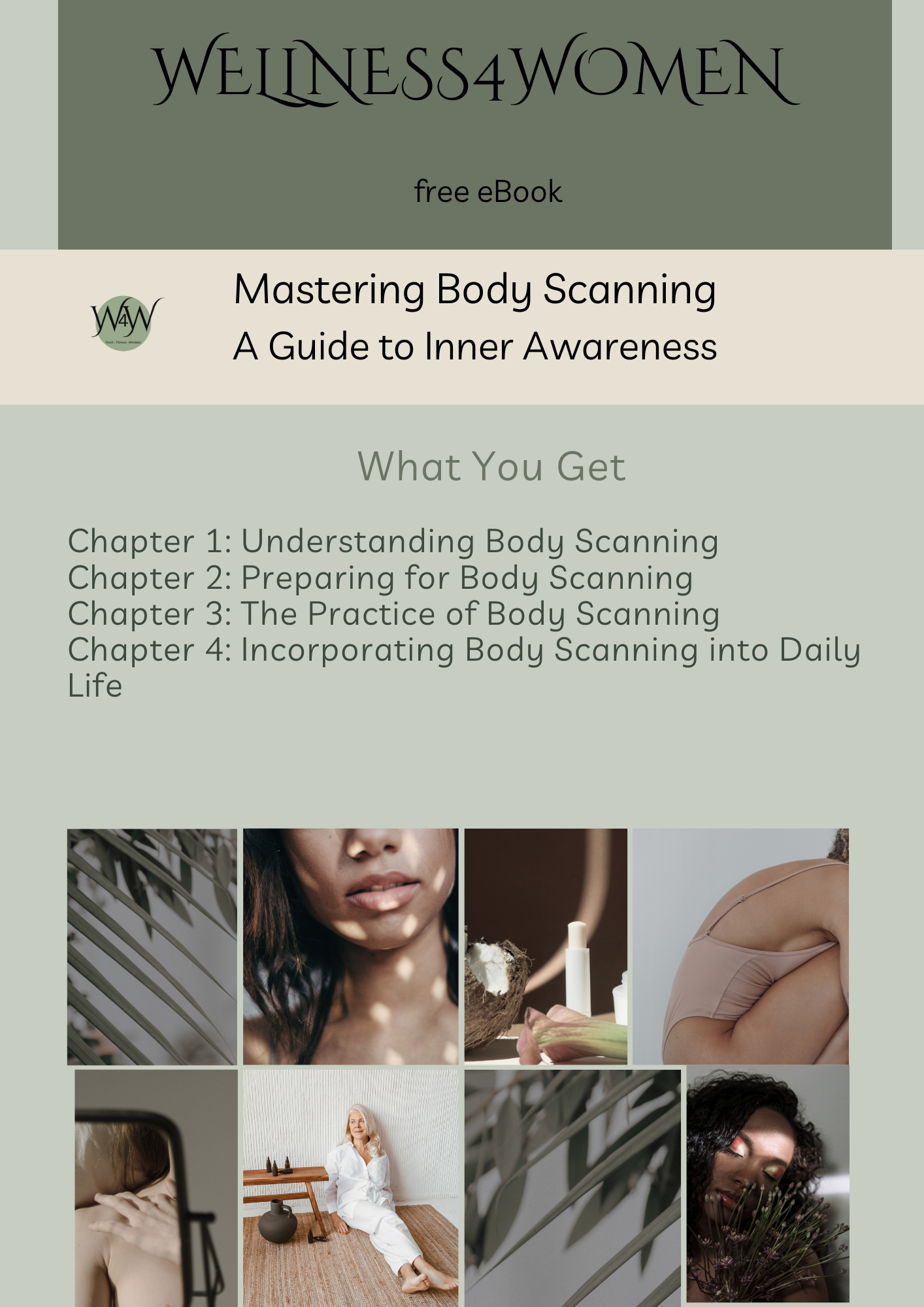When our children are very small and learning to speak our language we also teach them what we would call manners. One of the first two words to do with manners we teach them is usually please and thank you. When my children were small in the early 80s we didn’t think about teaching them thank you as gratitude, but rather that it’s just good manners.
Over the last decade the principles of gratitude have come to the fore and we realised that a heartfelt thank you is more than just being polite and having good manners but is actually having a deep sense of gratitude when it is heartfelt.
We say “thanks” a dozen or more times a day when thinking too much about it. We say ‘thankyou’ for those random acts of kindness when someone hands us a coffee, assists us at the super market, or hands us our change of money when we buy something, it’s a knee-jerk reaction to simple daily transactions. We say it, often without really acknowledging the person we’re thanking.
But what if we did acknowledge the person that we are thanking.?
What if we look them straight in the face into their eyes and said thank you from the depths of our heart?
Do you think that that person would appreciate it? Would they be embarrassed and look away? Or would they brush it off and say ‘no problem’. Perhaps they would acknowledge your thank you by responding ‘you’re welcome!’
In our Western culture due to our busyness and relative isolation from a real sense of community, particularly if we live in a city, we can become quite dismissive of one another. We can become quite dismissive when we say thank you and your welcome. These things can just become a cultural meme, a habit of meaningless words.
The Science Behind a Gratitude – Attitude
You may be surprised but there’s a great deal to be gained from truly feeling grateful. The practice of gratitude is linked with a wide range of benefits, including strengthening your immune system enabling you to fight off disease and infection more efficiently . Gratitude also helps to improve your sleep patterns, boosts mood, your joy and pleasure. Joy and pleasure motivates you to be more helpful and generous, resulting in feeling less lonely and isolated.

Science has shown that when the brain feels gratitude, that the ventral and dorsal medial pre-frontal cortex of the brain activates. These are the areas that involve feelings of reward, morality, interpersonal bonding and positive social interactions, empathy and sympathy.
Gratitude has the capacity to increase important neurochemicals. When thinking shifts from negative to positive, there is a surging of the feel-good chemicals such as dopamine, serotonin and oxytocin. These all contribute to the feelings of closeness, connection and happiness that come with gratitude.
The Power of Consistency
Gratitude builds upon itself. We know the brain changes with experience, so the more that gratitude is practised, the more the brain learns to tune in to the positive things in the world. This isn’t something that tends to come naturally. We humans have a negativity bias, which means that we’re wired to notice threats in the environment. This is a good thing – it’s kept us alive since the beginning of us – but as well as being alive we also want to be happy. When there is too much of a focus on the negative, gratitude can be a way to nurture a more positive focus, and teach the brain to spend more time on the feel-goods and less time hanging on to the negatives of life.
Karen Young of www.heysigmund.com, points out that the brain is primed to notice the negatives rather than positives. We need to teach our brain to tune into the positive, and to hold those positives for long enough to have an effect. Our natural default position is to let the good, positive thoughts to slip away very quickly, so we need to be MINDFUL about holding on to it for long enough to change the brain. For example, by focusing on an experience for only 20 seconds will create positive structural changes in the brain. Gratitude helps to maintain and gives space for the positive experience to expand, and to ‘re-experience’ it.
The Power of Gratitude- Attitude

www.mindful.org points out that a Gratitude- Attitude helps to mitigate depression. Researchers at Indiana University recruited 300 people (mostly college students) receiving mental health counselling, and randomized them into three groups. In addition to the counselling sessions…
The First group was asked to write a letter of gratitude each week for three weeks.
The Second group journaled their thoughts and feelings about negative experiences.
The Third group only received counselling but did no writing.
Four and 12 weeks later, the gratitude-letter group “reported significantly better mental health” than either the journalese or those who received counselling alone.
It’s interesting that Other studies have found that counting blessings and gratitude writing reduces the risk of depression.
Good Vibes, The Ripple Effect
Gratitude has the added power of initiating a sociability that has the potential to ripple good vibes to others. The more gratitude we feel, the more we’ll act in a benevolent way towards others, which will encourage their feelings of gratitude which will make them more prosocial … and so goes a beautiful cycle of gratitude. Gratitude shows that we’re good in a relationship with, and appreciate things, without expecting them or demanding them. Gratitude shows your respect for the ‘other’ and yourself.
The consistent practice of the habit of a gratitude attitude is a mindful practice that will keep you in good stead for happiness, good holistic health and wellbeing throughout your life.
This is article is a snippet from my new book about Holistic Living, which features Mindfulness and issues around mental health. It will be published and made available to you later in the year (2021) – so keep a lookout for that!
Also, If you struggle to make self-care a priority or do not know how to start your holistic-mindfulness journey, check out my course, which will be available in the Summer of 2021- subscribe free to this blog to get updates on this! I am launching another website soon just dedicated to Holistic mindfulness, so keep a look out for that going live! Please follow me here, or subscribe to my newsletter to get your updates on this.
Thank you for visiting me here, Regardless of where you are on your journey, I hope you have found something useful here- if so, please let me know down in the comments.
I hope this post was helpful. If it was, I would love to hear from you. Feel free to contact me and share any thoughts you have.
Love & Grace
Paula Rose Parish IHS
For more articles, visit Your Wellness Matters at www.paularoseparish.com. And if this article has helped you in a small way, please like it and comment.
For helpful articles on converting from Protestantism to Catholicism and videos visit ALMOST CATHOLIC at http://almostcatholic.blog
Visit My YouTube Channel- https://www.youtube.com/channel/UCIHzAbvL5Wdjlh4Q57XHEDA
We seek to foster a sense of community. All Blog posts are there for your encouragement and to share with others. You will find all kinds of topics relevant to faith and everyday life.
I have worked internationally with over 40 years of experience, having a Bachelor of Pastoral Counselling and Theology and a Master of Arts in Counselling & Professional Development. BACP Life Coaching Certificate. I currently work as a Christian educator, blogger, author, and grandmother living with my two dogs in Wales, UK.
If you wish to connect with me, please do so at paularoseparish@gmail.com
?Want to help support me as an author? My books are available at AMAZON.
?Psalm 23 Unwrapped: Hope in Difficult Times.



